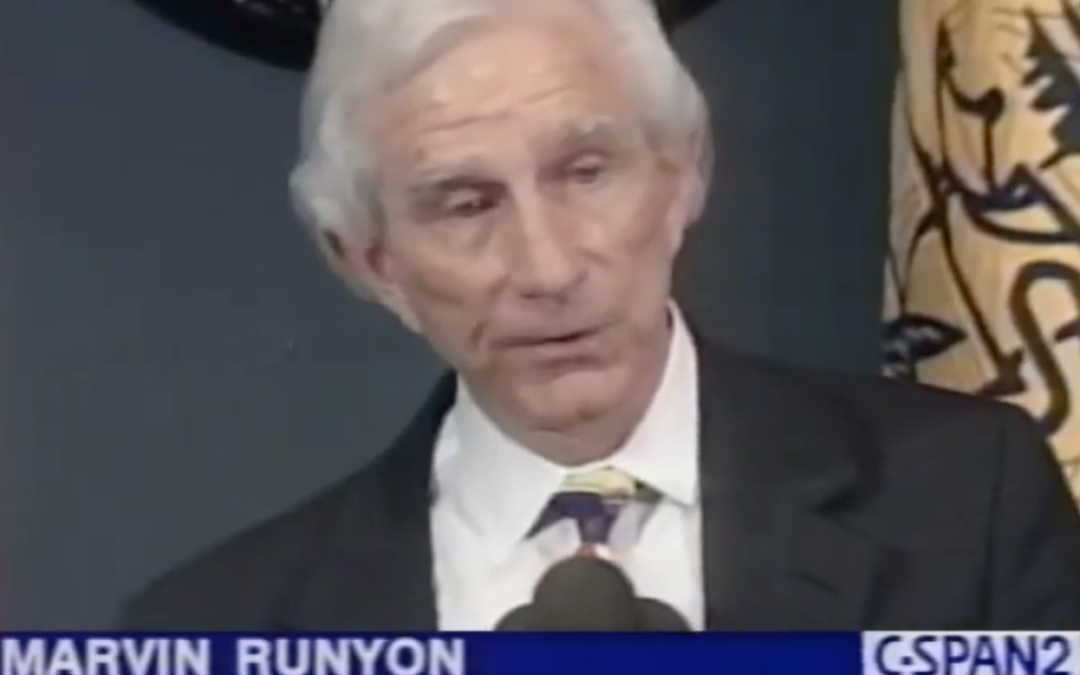Asking a Central Banker their opinion on Bitcoin is like asking (in 1993) what the US Postmaster General thinks of email, actually you can see what he said at this video.
Anyway, at last! After, emotional outbursts and bleatings by the General Manager of the BIS, Agustín Carstens about Bitcoin, they have issued a thorough economic analysis of the current state of play with this developing technology.
The report does it’s level best to write off Bitcoin as ‘…useless…’, however it cannot quite get there and in fact recognises that Bitcoin is ‘…Ingenious…’ and that while there are problems, there seems to be merit in ‘institutions’ learning more widely about the new technology and how it might be used in existing markets.
It’s so interesting to see the author walking a delicate line between the political position taken by the BIS and all Central banks (which is to pour scorn on and belittle crypto at every turn) and the uncomfortable fact that ‘…Bitcoin’s developers have created the backbone of a first-generation decentralised infrastructure that, over the past decade, has survived many attacks…’, he squares the nut by concluding that Bitcoin and Crypto should join up with centralised institutions so that trust can be brought to Crypto. He suggests that this should only be done if ‘…the focus could shift away from the issue of whether the technology can replace traditional sovereign money and financial institutions.’ This is the nub of the issue, it is about power and control, understandably central banks will want the benefits of crypto but only if they can control it, this is not a technical or economic issue but a political one as nothing is more political than control over money (ok, except religion…).
Solving the technical issues with Bitcoin will lead to the opportunity for the separation of State from money supply, and this will be a good thing for humanity in the same way that separation of religion from State (although still not applied in many places) has been.
Personally I think trusting in institutions is the problem, trust is lost and we cannot unpop that balloon. Far better to work on the technology/energy issues identified in the BIS report. Indeed this is precisely what is happening every day. I believe in the creativity of free people to solve problems as we can see this throughout history.
The technical issues identified by the BIS will be solved, of that I am convinced. The more difficult aspect is the political one I have mentioned here as it will be the will of the people against the power of the State, but even in this struggle I believe the will of the people, in the end, wins out.
